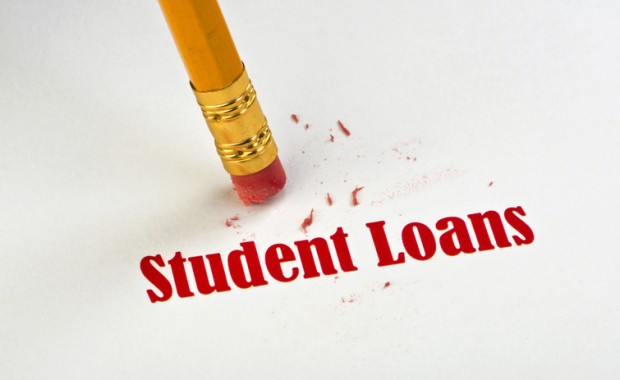
You may be able to discharge student loans in a Chapter 7 bankruptcy
Many people have heard that you can’t ever discharge student loans in any type of bankruptcy. This is true – but only of federal loans. With a private loan, you do have options – though they are difficult. First, you must prove to the judge that the payments cause an undue financial hardship to your life.
In most cases, this will require passing the Brunner test, which involves showing that your current income, minus your current expenses, doesn’t result in a reasonable standard of living for you and any dependents you may have. The next step is to prove that this situation isn’t likely to change. If that can be proven then it’s possible to have private student loans discharged in a Chapter 7 bankruptcy.
You may be able to reorganize your student loan debt in a Chapter 13 bankruptcy
Another option is to use a Chapter 13 bankruptcy filing to reorganize your debts. This could potentially allow you to significantly lower your payments for anywhere from three to five years. Keep in mind that your loans will keep accruing interest, and you will eventually have to pay the loan in its entirety, but this option offers a little bit of breathing room while you get your financial situation in order.
Loan consolidation may be the right choice
In most cases, students take out new loans at the beginning of every semester of school. The United States Department of Education offers the option for Direct Consolidation Loans, which allow you to put all your federal loans into one account. This single loan can have a repayment plan as long as 30 years, which gives you much lower payments.
You may also qualify for a deferment once the consolidation loan is awarded – even if you’ve already had one in the past. The main downside to this option is that you’ll lose benefits such as interest rate discounts. You’ll also likely pay more if you extend the period of the loan.
If you’re in over your ears in debt, there are options. Reach out to The Law Offices of Paul Y. Lee at 951-755-1000 today to learn more about your many options.

